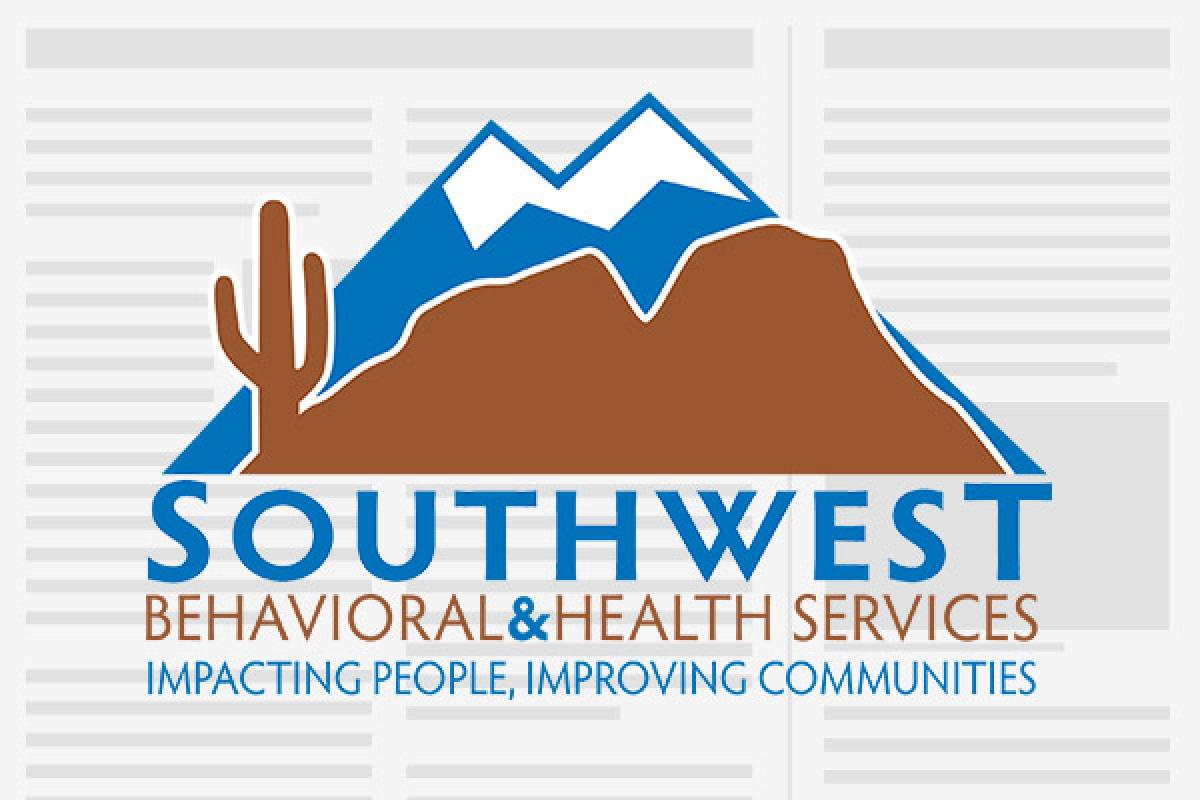
Published in the journal European Neuropsychopharmacology, a recent review of studies on cognitive enhancement with Modafinil, a drug approved for the treatment of the sleep disorder narcolepsy, has shown that the drug provides short-term improvement of mental functioning with few serious short-term side effects. Therefore, this drug is gaining a reputation as a safe and powerful study aid. In light of these findings, there are a number of considerations for parents as far as what to tell their kids.
Before we examine the important health and ethical implications, let’s first understand more about the review itself. Dr. Ruairidh Battleday and Dr. Anna-Katharine Brem from the University of Oxford and Harvard Medical School evaluated all research papers on cognitive enhancement with modafinil from January 1990 to December 2014. 2
“What emerged was that the longer and the more complex the task ... the more consistently modafinil showed cognitive benefits,” said Brem. 1 This, combined with the fact that no significant short-term risks were identified, have convinced many that modafinil is the first safe study drug. It is being touted as an effective, risk-free performance boost of “‘higher' brain functions that rely on contribution from multiple simple cognitive processes.” 2 (Battleday)
Such a benefit will be especially tempting for students under pressure to maintain grades and compete for ranking and scholarships. What should parents tell their kids who will be exposed to this substance that promises so many benefits and so little risk?
First, we can educate our kids about the limitations of the review. Experts have voiced many cautions along with the optimistic findings. “The authors … [point out] that most of the studies were done in controlled environments and only looked at the effects of a single dose.1 The way most students would use the drug as a study aid over time in an authentic setting has not been investigated.
We can also explain to our kids that long-term risks are unknown. “Peter Morgan, at Yale School of Medicine, says there is substantial evidence that other cognitive enhancers, such as caffeine or nicotine, have benefits from short-term use, but that those benefits are erased by long-term use, and are rather replaced by deficiencies in cognitive performance. ‘There is no evidence that modafinil would be any different in this regard,’ he said.” 3 Brem … emphasized that although the drug is not thought to be addictive, its long-term effects have not been studied. 3 Some research has shown that the long-term use of modafinil can affect sleep patterns.1
Other concerns to address with young people involve regulatory and ethical matters. The drug is approved for the treatment of narcolepsy only. Off-label use is not regulated. Additionally, as in doping in sports, artificially enhancing one’s academic performance creates an unleveled playing field wherein achievement is valued above all else, including effort and integrity. Use of this substance should be considered within the framework of the family values we embrace and seek in instill in our kids.
The take-away is that there is no shortcut to success or to good prevention. Kids whose parents talk with them early and often about the risks of using substance of all kinds are less likely to experiment. You can use this recent news as an opportunity for conversation that will have great return on your investment of time guiding your child.
Sources:
1 Khazan, O. (2015, August 27). The Rise of Work-Doping. Retrieved October 3, 2015.
2 Review of 'smart drug' shows modafinil does enhance cognition | University of Oxford. (2015, August 20). Retrieved October 3, 2015, from http://www.ox.ac.uk/news/2015-08-20-review-‘smart-drug’-shows-modafinil-does-enhance-cognition
3 Thomson, H. (2015, August 19). Narcolepsy medication modafinil is world's first safe 'smart drug' Retrieved October 3, 2015, from http://www.theguardian.com/science/2015/aug/20/narcolepsy-medication-mo…













